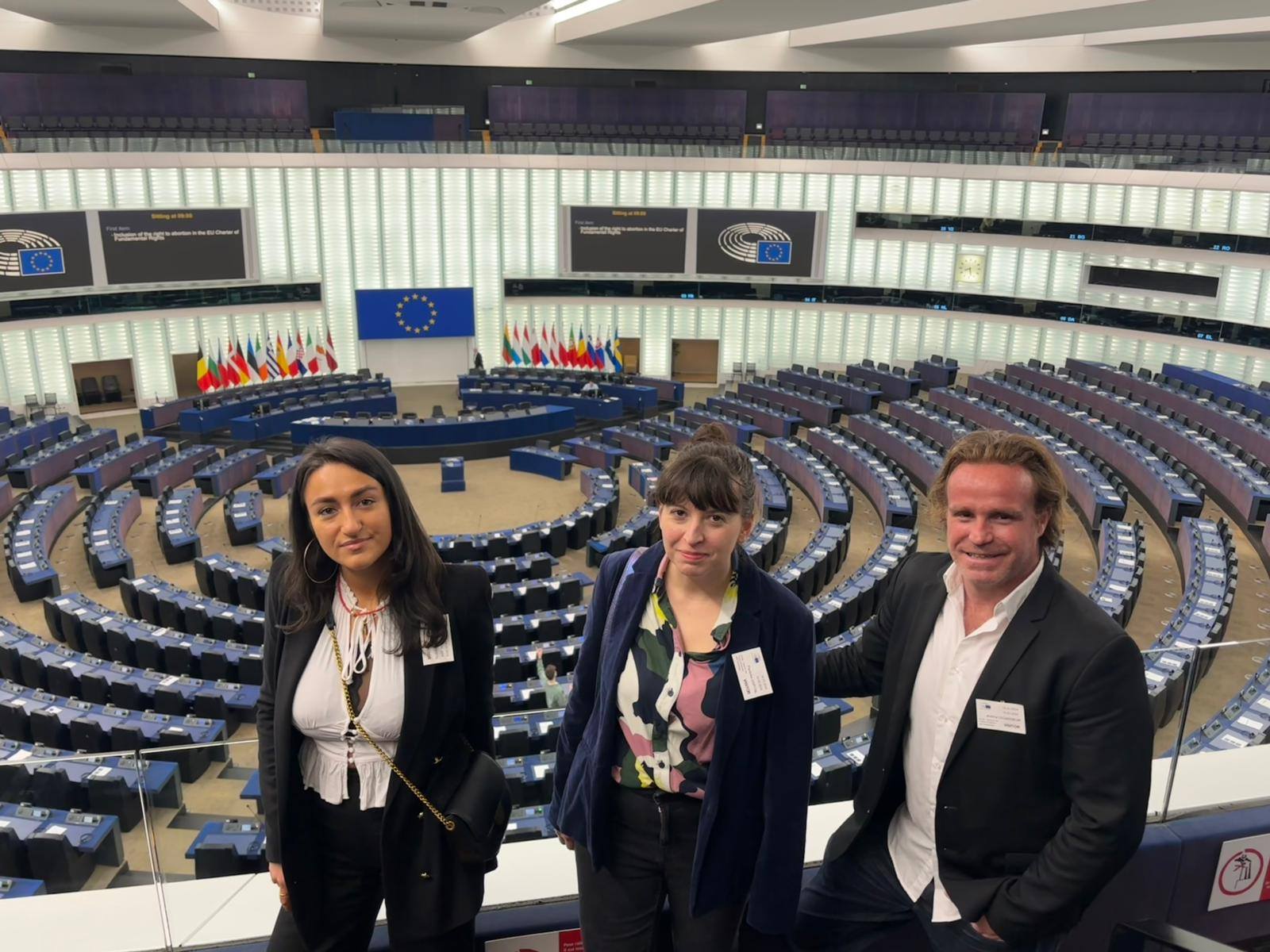Biarritz Good Fashion is positioned as an unmissable event in the world of sustainable fashion. Organized by the Bali Chair and Paris Good Fashion, this new edition will offer answers to the concrete and impactful of players in this sector . The general problem concerns how to combine economic profitability and efficient environmental impact?
Register for Biarritz Good Fashion 👉
Meet our “traceability” specialists during these 2 days, Pantxika Ospital and Patrick Bourg, they will welcome you:
On October 16 and 17, Biarritz Good Fashion will offer workshops, conferences... in short, moments of exchange and sharing around common issues. On October 16, will take place led by experts from the BALI Chair working groups. As for the second day, 17 , it will be animated by conferences, round tables and discussions around sustainable fashion. Discover the detailed program!
Find e-SCM Solutions at Biarritz Good Fashion, October 17! We will take stock of the regulatory issues and opportunities of the Digital Product Passport with our traceability consultant, Pantxika Ospital . As a member of the BALI Chair, we have been working within the ecosystem to advance the fashion and luxury industry in this research since its creation in 2017.

“ In this new cycle of work with the Bali Chair, we are seeking to extend traceability to all products, in order to generalize the collection and use of information concerning them. This involves identifying all players in the life cycle, beyond just supply chain data. Brands own the data and have the opportunity to use it to control their value chain and manage their CSR strategy (eco-modulation, DPEF, CSRD) with a view to reducing administrative burden. These first use cases were shared with the analysis of the chair's stakeholders during the working group meetings. We are interested in the different constraints depending on the types of companies and their method of sourcing (finished products, sourcing of materials and custom work, manufacturing). The operational impact of electronic label generation and their physical link on products must be considered. Generating QR Codes, URLs or unique identifiers for products involves taking into account various tools. A technological watch will be shared in order to identify the appropriate supports to make the Digital Product Passport a reality and share industry progress. ”
The participation of e-SCM Solutions – Belharra SAS in Biarritz Good Fashion 2024 underlines our commitment to responsible , while remaining economically viable. Indeed, the e-SCM collaborative platform can respond to these challenges because it makes it possible to digitalize the entire supply chain, offering increased visibility and traceability at each stage of the process. By centralizing data, e-SCM facilitates informed decisions that optimize efficiency and productivity.
So, join us for this enriching edition and be part of the change for the fashion industry.

The BALI Chair is a teaching and research program bringing together fashion and textile players wishing to collaborate around the ESTIA engineering school on the environmental, societal and economic transition of the industry.
Over a new 3-year cycle, BALI 3 opens with a common vision: implementing the industrial scalability of circularity. For this, it is crucial to massively develop and extend circular offers and business models on an industrial scale in the textile sector in order to increase its level of resilience. And promote frugality and sobriety by questioning traceability, sustainability, the extension of the uses of products and services, favoring repair, manufacturing on demand and short circuits serving the territories.